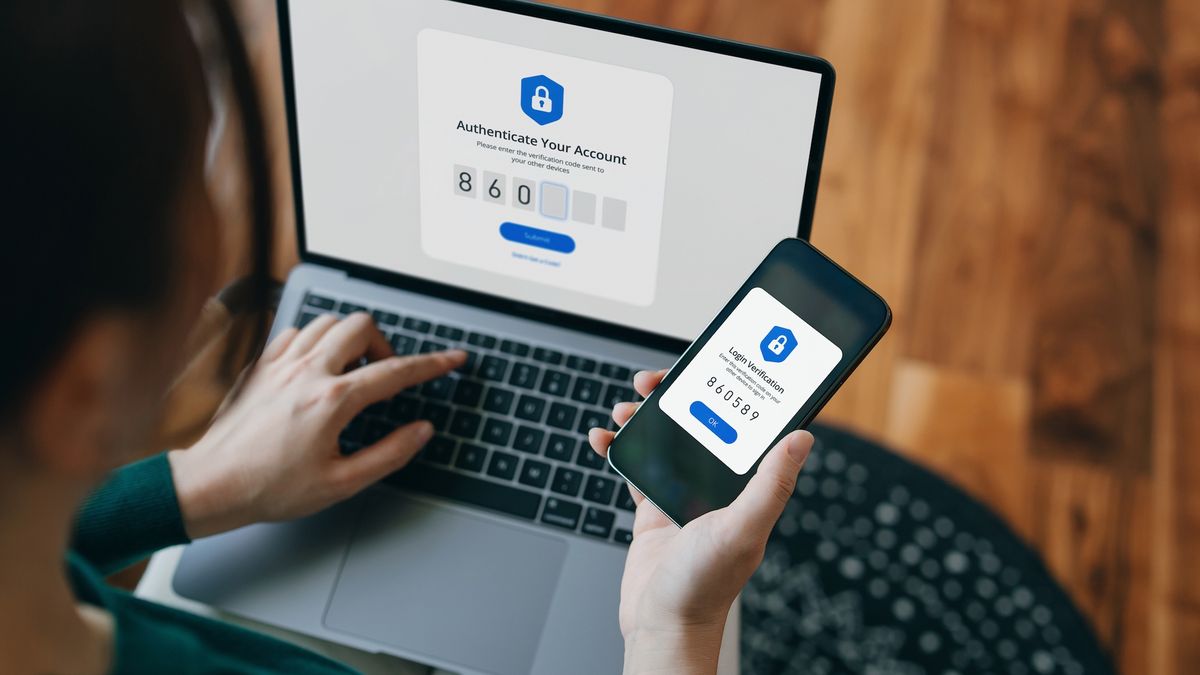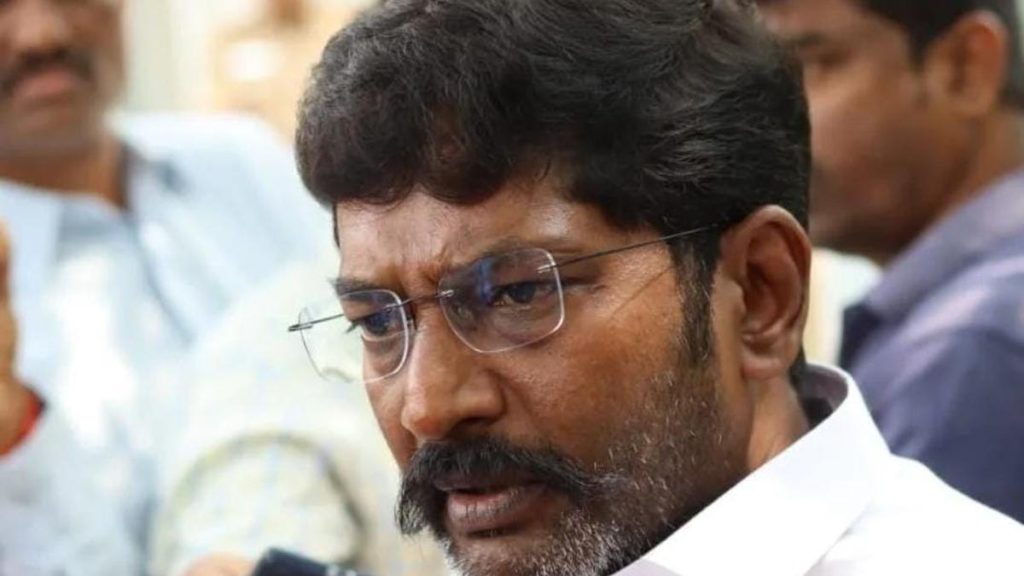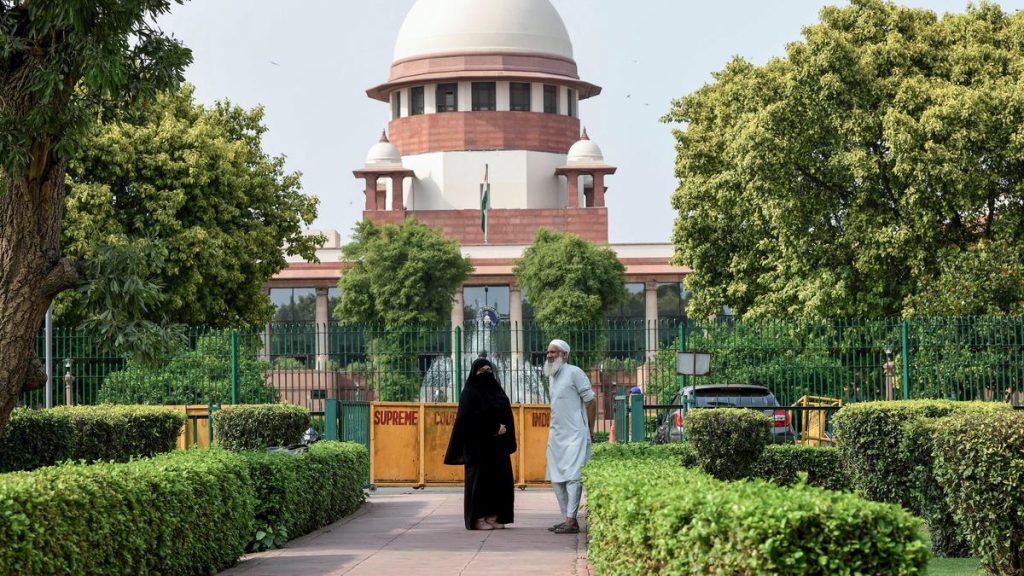Now Reading: Data Breaches Surge: How to Protect Yourself Today
-
01
Data Breaches Surge: How to Protect Yourself Today
Data Breaches Surge: How to Protect Yourself Today

Quick Summary
- Increase in data Breaches: In 2024, companies issued 1.3 billion notifications about data breaches,three times more than the previous year.
- Key Security Measures:
– Encryption protects sensitive data during transit and storage, but adoption for stored data is lagging (only 10% of organizations encrypt at least 80% of thier cloud-stored information).
– Multifactor authentication (MFA) increases security by requiring multiple verification methods and reduces compromise risk by over 99%, yet it remains underused: only adopted by 83% of organizations.
- Human ErrorS Role: Human mistakes contributed to nearly 68% of breaches in 2024, highlighting the need for awareness training and stricter safeguards.
- Legal Landscape:
– Comprehensive laws like the EU’s GDPR enforce stringent privacy protection measures; Meta was fined $1.4 billion for non-compliance in a notable case.
– The U.S. lacks uniform federal regulations on privacy protections, leading to fragmented state-level laws.
(Image credit: d3sign via Getty Images)
Indian Opinion Analysis
The accelerating rise in global data breach notifications underscores a growing concern around cybersecurity infrastructure worldwide. For india-a country rapidly digitizing its services under initiatives like Digital India-the reliance on robust technological solutions such as encryption and MFA becomes crucial. Local compliance frameworks may consider emulating strict global standards like GDPR to ensure organizations effectively safeguard consumer data amid increasing vulnerabilities.
Moreover, India’s unique challenges include general low awareness among users about cybersecurity practices and potential lapses from human error due to limited digital literacy. Enhanced education campaigns focused on privacy best practices can create an integrated approach involving technology controls, policy frameworks, and public cooperation. A proactive stance here could bolster India’s role as not just a strongholder in tech innovation but also as a leader globally advocating secure digital experiences.























